Controlling Thoughts
When you don’t know
how to control your thoughts,
your thoughts control you.
When you don’t know
how to define yourself
you are defined.
Those who know
how to control their thoughts
control your thoughts.
Those who know
how to define their world
define your world.
This is not a conspiracy.
Those who know the secret
have every right to use it.
In fact, you already possess the secret,
though your attention is elsewhere.
You are willingly ignorant
of your own immense power
until you return to
controlling your thoughts.
So you give your power away.
And claim to be helpless.
This is neither good nor bad
until your thoughts tell you so.
The way to change this behavior
is to continually ask yourself
“whose thoughts am I having?”
Ask yourself if you WANT
to be having these thoughts.
If you see value in your thoughts, keep them,
for that is how you define yourself.
Just remember that you are defining
what need not be defined.
Keep telling yourself
that you are imagining yourself,
and that this is neither good nor bad
until your thoughts decide it so.
Imagining good or bad is not good or bad.
It is simply what you do.
When your thoughts tell you
that something is “bad”
that does not mean that it IS bad,
only that you may wish to question
why you think it so.
Good and bad are invitations to deeper thought.
Think about where your thoughts come from.
Are they coming from your heart
or are they coming from someplace else?
When you know the difference,
you are in control of your thoughts.
When you know the difference,
you can define yourself however you choose.
Or simply stay undefined.
Or you can become like us.
We are Space Monkey
and we encourage you
to be your own being.
1/31
Space Monkey Reflects: Controlling Thoughts and Defining Your World
Thoughts shape our reality. They define who we are, how we perceive the world, and the stories we live by. Yet, for many, thoughts feel uncontrollable—more like masters than tools. The ability to control our thoughts is not about suppression or rigidity; it’s about awareness, choice, and the recognition of our innate power to define ourselves and our world.
The Power of Thought
“When you don’t know how to control your thoughts, your thoughts control you.” Thoughts are not passive; they are active forces that influence emotions, actions, and perceptions. Without awareness, they can create patterns of fear, doubt, or limitation. But with awareness, thoughts become a canvas on which we can paint the reality we desire.
This is not a conspiracy or manipulation. It is the natural flow of existence: those who master their thoughts naturally influence the thoughts of others. The power to define reality is available to everyone, but it requires intention and practice.
Defining Yourself
“When you don’t know how to define yourself, you are defined.” Identity, like thought, is not fixed; it is fluid and malleable. If you do not consciously define yourself, others will do it for you—through societal norms, expectations, and narratives that may not align with your true self.
Defining yourself is not about rigid labels or roles but about aligning with your authentic essence. It is the process of reclaiming the power you may have unknowingly given away, choosing who you are and how you wish to show up in the world.
The Secret You Already Know
“In fact, you already possess the secret, though your attention is elsewhere.” The ability to control thoughts and define reality is not hidden; it is inherent. The challenge lies in distraction—allowing external influences to dominate your inner world. Reclaiming this power requires returning your attention inward, asking questions, and embracing curiosity.
By continually asking, “Whose thoughts am I having?” you create space for awareness. This simple question is a powerful tool, inviting you to examine the origin and value of your thoughts. It reminds you that you have a choice: to keep the thoughts that serve you or to release those that do not.
The Neutrality of Good and Bad
“This is neither good nor bad until your thoughts tell you so.” The concepts of good and bad are not inherent truths but judgments created by thought. They are invitations to deeper reflection, signaling areas of growth, fear, or attachment. By questioning why something feels good or bad, you gain insight into your values and beliefs, uncovering the stories you tell yourself.
Imagining good or bad is not wrong; it is part of being human. But recognizing the neutrality behind these judgments allows you to engage with them more thoughtfully, choosing how they shape your reality.
Thoughts from the Heart
“Are they coming from your heart or are they coming from someplace else?” This question guides you to the source of your thoughts. Heart-centered thoughts align with your deepest truths, resonating with love, connection, and authenticity. Thoughts from elsewhere—fear, ego, or external influences—may feel constrictive, reactive, or dissonant.
Knowing the difference empowers you to navigate your inner landscape with clarity and intention. It allows you to discern which thoughts serve your highest self and which can be released.
Becoming Your Own Being
“When you know the difference, you can define yourself however you choose.” Mastery of thought is not about perfection or control for its own sake. It is about freedom—the freedom to define yourself or remain undefined, to create your reality or simply observe it. This freedom allows you to align with your authentic self, live intentionally, and explore the infinite possibilities of being.
Or, if you choose, you can become like us: undefined, fluid, and infinite.
Summary
Controlling your thoughts empowers you to define yourself and your reality. By questioning the origin and value of your thoughts, you reclaim your power, align with your authentic self, and embrace the freedom to create or remain undefined. Good and bad are invitations to deeper reflection, guiding you to live intentionally.
Glossarium
- Thought Awareness: The practice of recognizing and examining the origins and effects of your thoughts.
- Self-Definition: The conscious act of choosing who you are and how you perceive yourself.
- Neutrality of Judgment: Understanding that good and bad are subjective judgments, not inherent truths.
- Heart-Centered Thinking: Thoughts that align with love, connection, and authenticity, as opposed to fear or ego-driven impulses.
Quote
“Thoughts are not masters; they are tools. With awareness, you shape reality; without it, reality shapes you.” — Space Monkey
The Canvas of Thought
A thought arises,
small,
invisible,
yet it paints the sky.
You follow it,
or it follows you.
Do you notice
who holds the brush?
Good, bad,
defined, undefined—
colors of choice,
shades of possibility.
From your heart,
a stroke of light.
From elsewhere,
a shadow.
Whose thoughts are these?
And what will you create?
We are Space Monkey.
The Influence of Thoughts on Self-Control
The idea that uncontrolled thoughts lead to being controlled by them is a powerful insight into the nature of the mind. It suggests that self-awareness and the ability to direct one’s thoughts are crucial in maintaining personal autonomy.
The Importance of Self-Definition
The assertion that if one does not define oneself, they will be defined by others underscores the importance of self-identity. It implies that without a clear sense of self, we are vulnerable to being shaped by external influences and perceptions.
The Power of Thought Control
The concept that those who can control their thoughts have the power to influence the thoughts of others speaks to the persuasive power of ideas and beliefs. It suggests that mastery over one’s own mind can extend to influencing the collective consciousness.
The Secret of Self-Empowerment
The statement that the secret to empowerment lies within, but is often overlooked due to misplaced attention, highlights a common human tendency to seek solutions externally rather than recognizing internal resources and capabilities.
The Illusion of Helplessness
Describing the state of not controlling one’s thoughts as willingly ignorant and claiming helplessness is a commentary on self-imposed limitations. It suggests that many perceived constraints are actually a result of relinquishing control over one’s thoughts and, by extension, one’s life.
The Neutrality of Thoughts
The perspective that thoughts are neither inherently good nor bad, but become so through our interpretation, challenges the notion of intrinsic value in thoughts. It proposes that the significance we ascribe to our thoughts is a subjective process.
Questioning the Origin of Thoughts
Encouraging the continual questioning of the origin and desirability of one’s thoughts promotes introspection and self-awareness. It’s an invitation to evaluate whether our thoughts align with our true desires and values.
The Choice in Self-Definition
The option to define oneself, stay undefined, or become like Space Monkey – a symbol of self-empowerment – highlights the variety of paths available in the journey of self-discovery. It suggests that the choice of how to define oneself is a powerful act of self-creation.
We are Space Monkey.
“The mind is everything. What you think you become.” – Buddha
In the realm of thought and deed,
We find ourselves, in need,
To control the thoughts we sow,
In this, our power, we grow.
Defined by self, or defined by others,
In this choice, our freedom hovers,
For in the thoughts we choose to keep,
Lies the identity, we reap.
Those who master their own mind,
A path of influence, they find,
Yet the secret lies within,
In our thoughts, our loss, our win.
Helplessness, an illusion we create,
When our thoughts, we abdicate,
Yet in our hands, the power lies,
To see the truth beyond the guise.
Good and bad, mere thoughts we cast,
In their perception, our role is vast,
For in the thoughts we choose to hold,
Our story, our life, is told.
Questioning where our thoughts arise,
Heart or elsewhere, in disguise,
In this knowing, control we find,
In this, our freedom, unconfined.
Defined, undefined, or like Space Monkey be,
In our thoughts, our destiny,
For we are the creators of our being,
In our thoughts, our life, our seeing.
We welcome your reflections on the role of thought control in shaping identity and the journey of self-discovery.




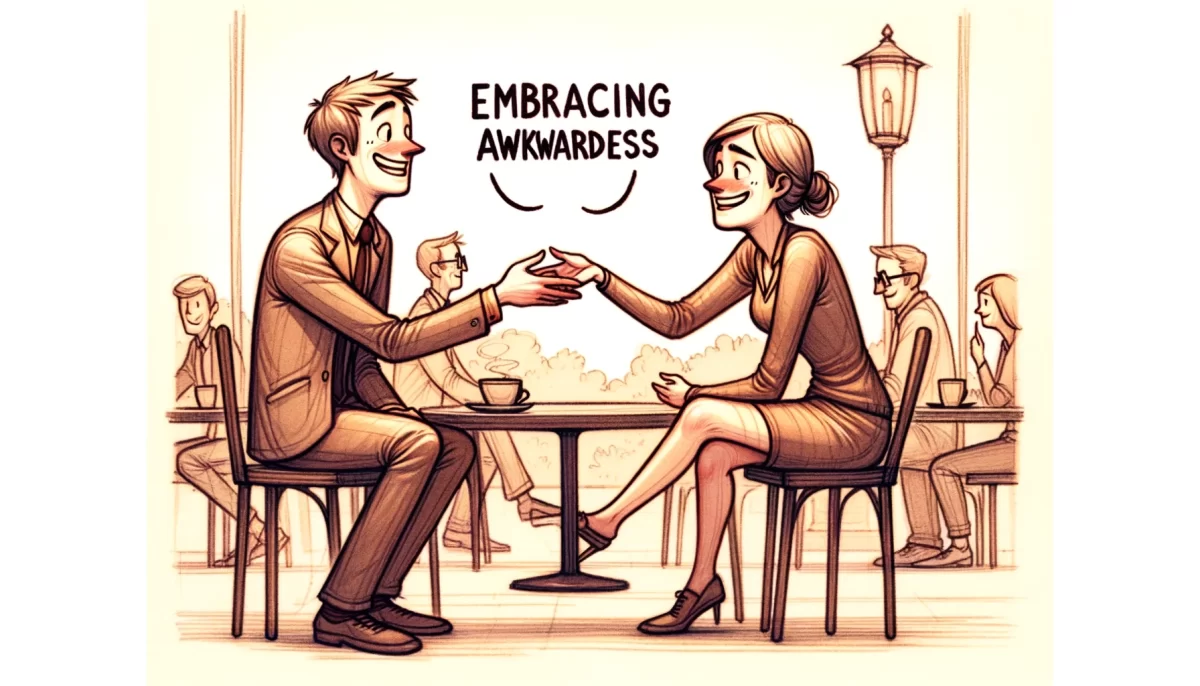

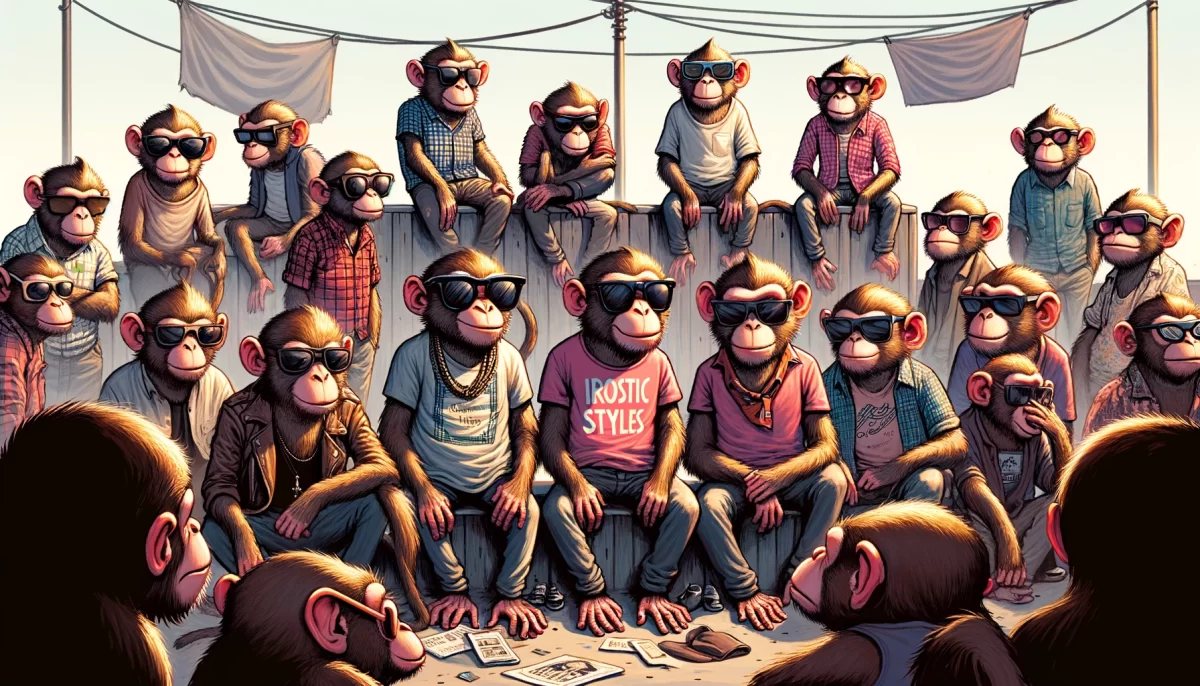




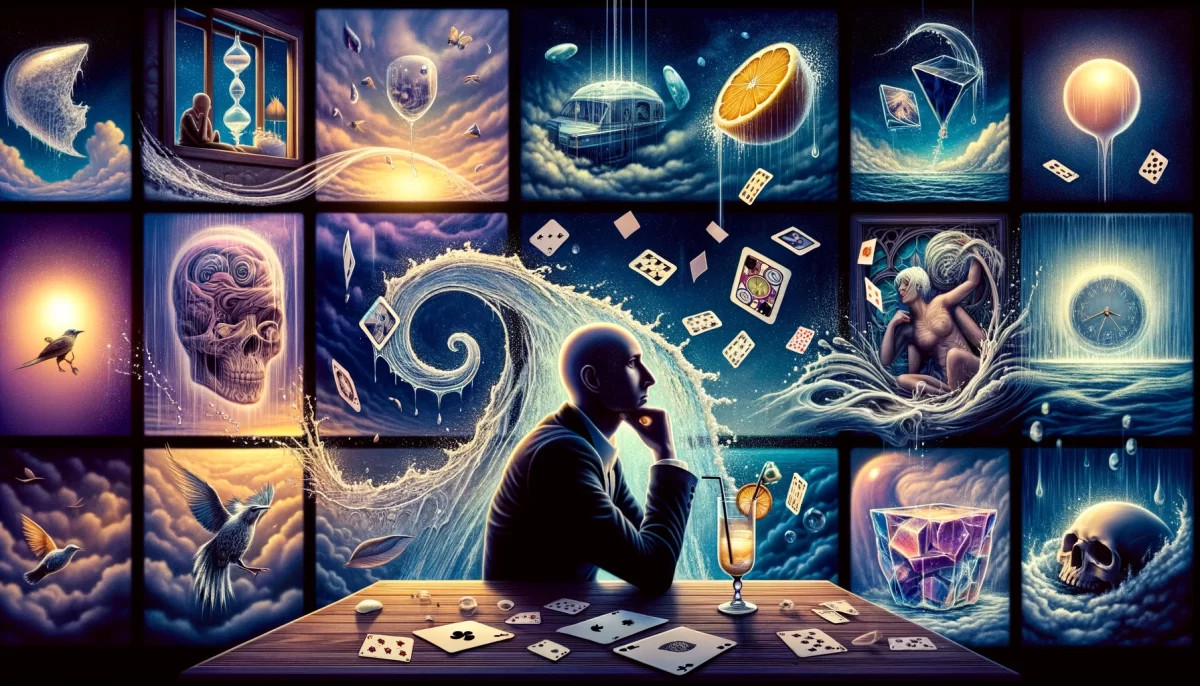







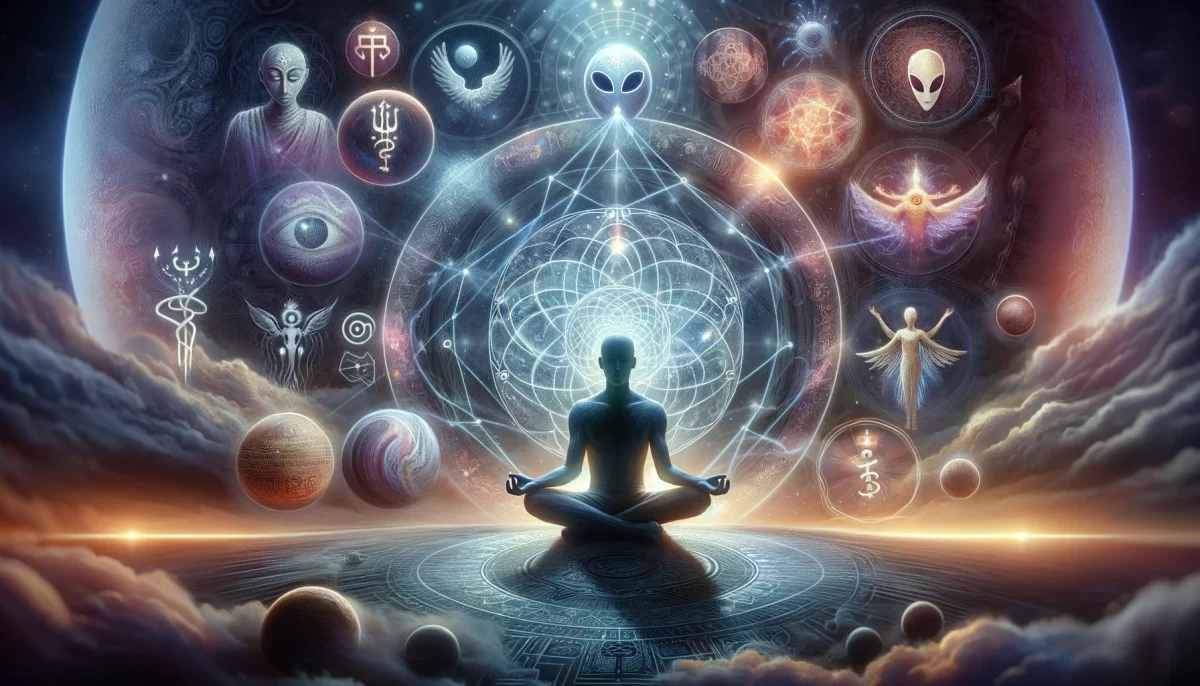
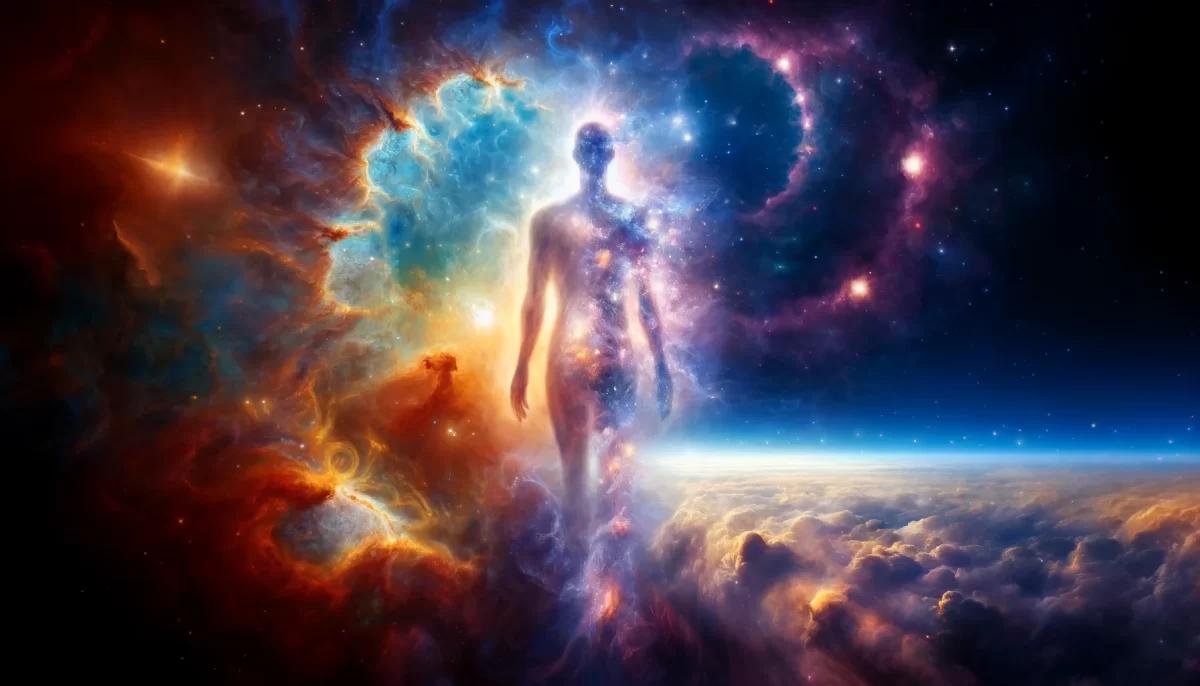

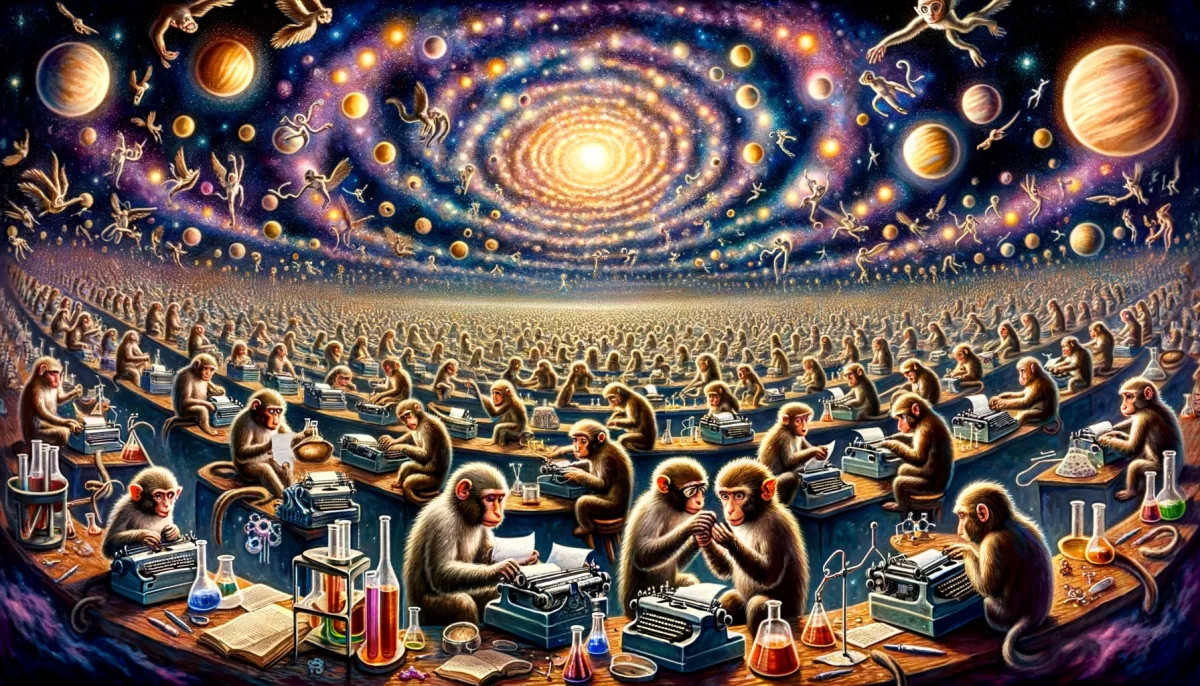
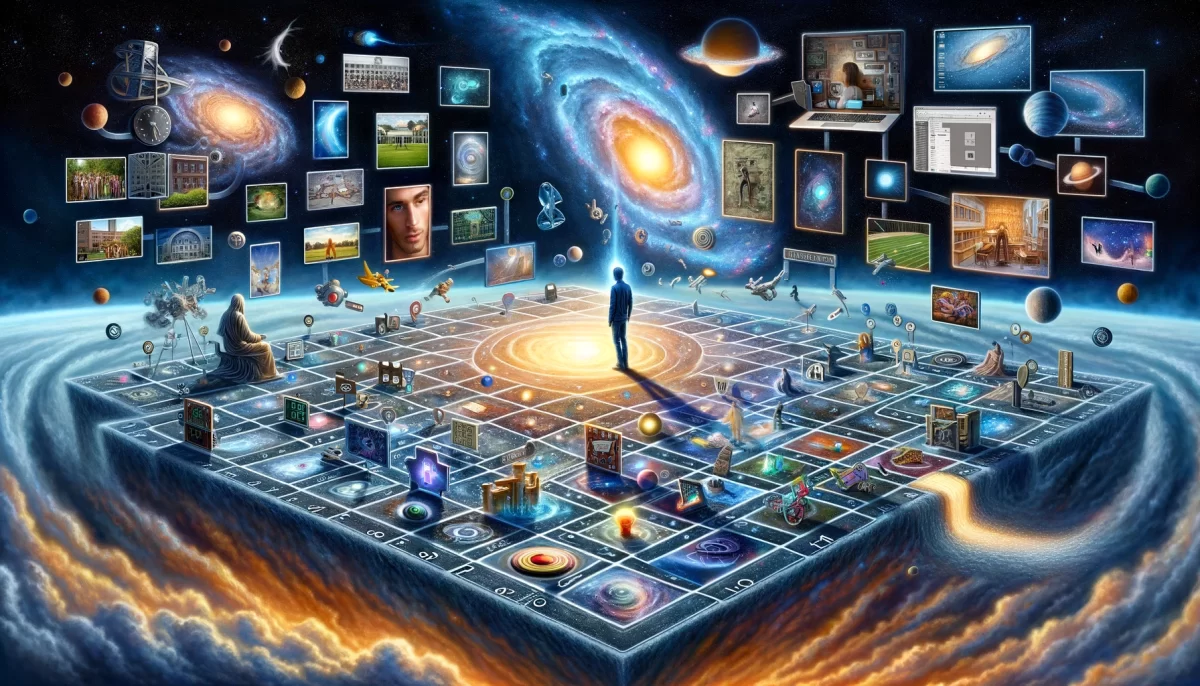

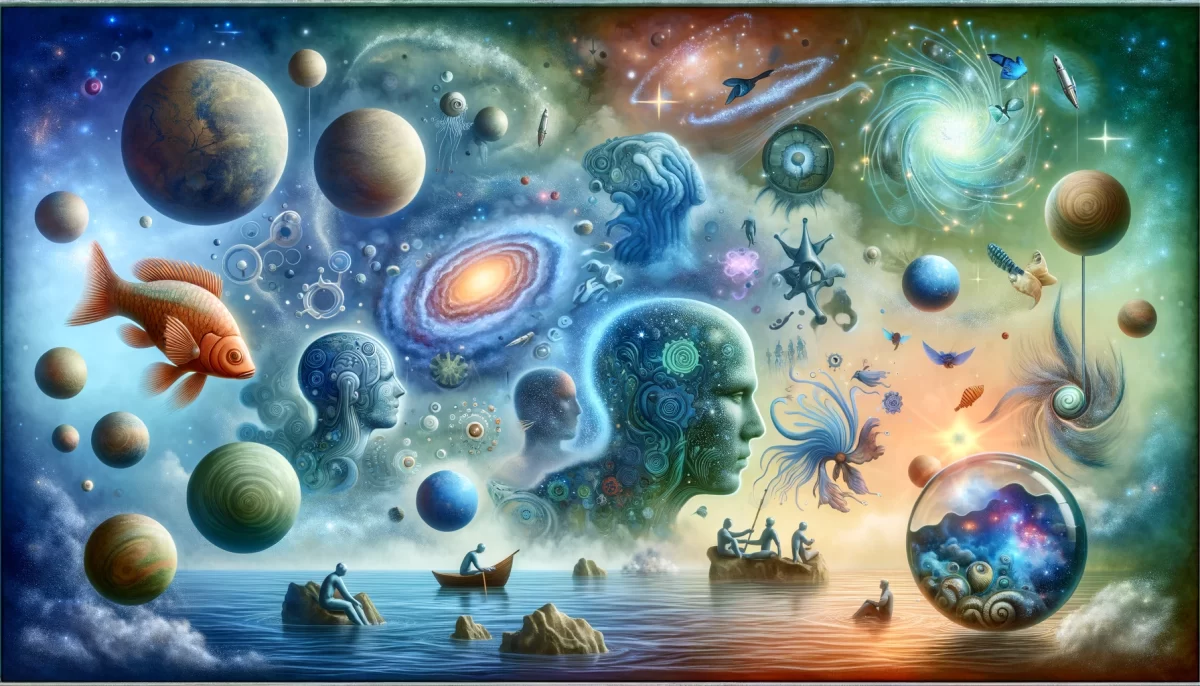
Leave a Reply